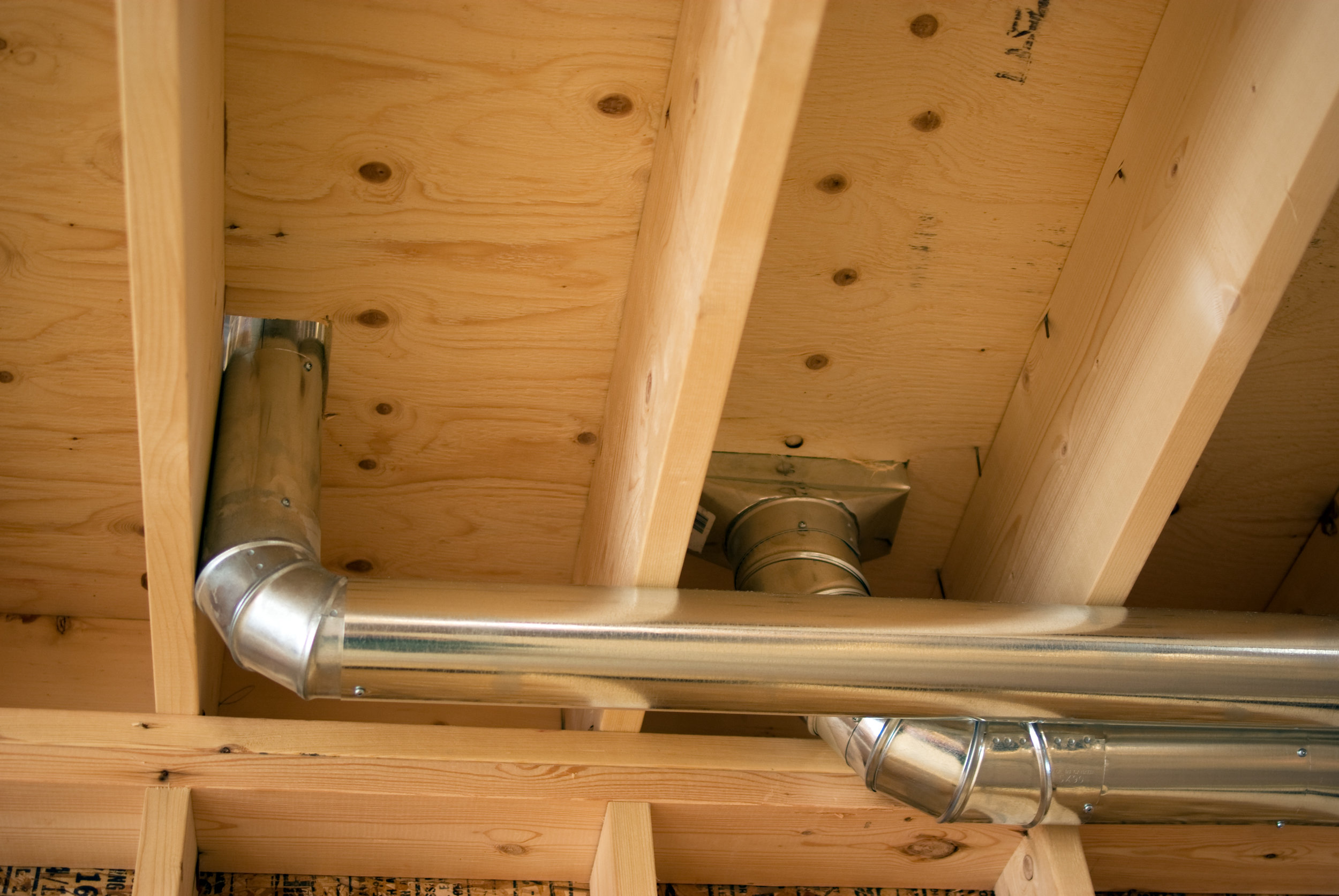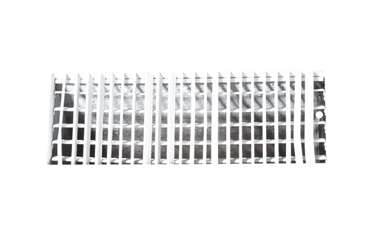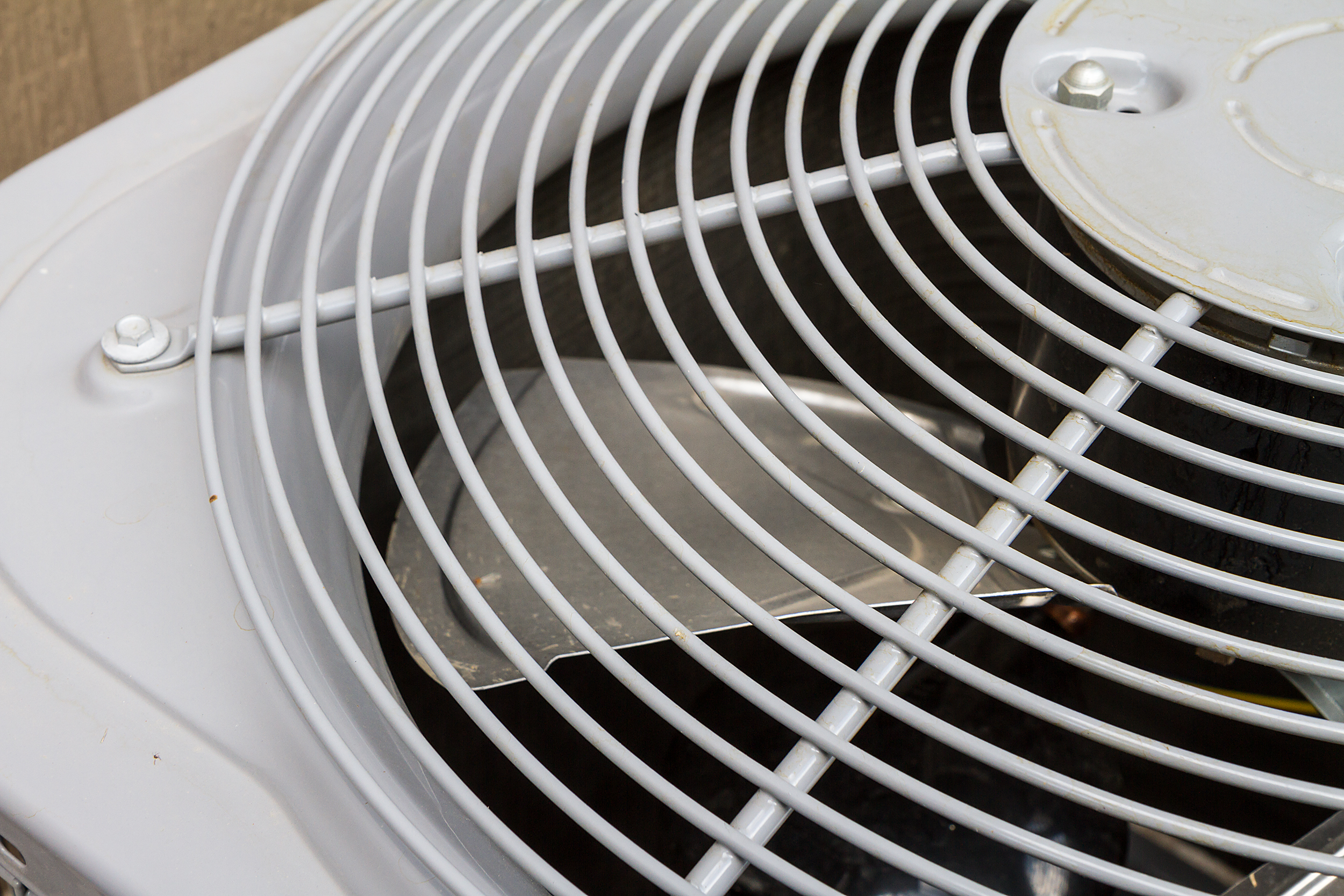If you thought finding the best HVAC system for a single-family home was tough, imaging having to find one that meets the needs of multiple families. Choosing the best HVAC system for multifamily homes is a challenge that countless developers and building owners face often. Not only is there the short-term cost of procurement and installation involved, but there are also long-term implications to consider.
Your Options for Multifamily HVAC
There are plenty of choices at your disposal when it comes to finding the right HVAC system for multifamily homes. Most systems come in the form of centralized and decentralized systems, each with their own pros and cons:
Centralized HVAC systems consist of a single unit located in the building’s basement or penthouse. Popular in high-rises and other large multifamily buildings, these systems are typically more energy efficient than their decentralized counterparts, but more expensive to install and maintain.
Decentralized HVAC systems consist of separate units designated for each family or building unit. Installation and maintenance are more cost-effective, but these systems lack the maximum efficiency that centralized units offer.
Two-pipe and four-pipe heating and cooling systems are common examples of centralized HVAC systems. Other examples include hot water baseboard and geothermal systems. The latter offers the greatest efficiency of all centralized HVAC systems due to its energy source.
Wall-mounted air conditioners and electric baseboard heating units represent decentralized HVAC systems. Packaged thermal air conditioners and self-contained forced air units are also commonly used in decentralized applications.
Crucial Factors to Consider
Important factors including building size and layout, unit airtightness and the stack effect’s impact on building airflow can easily influence your choice for a multifamily HVAC system. Don’t forget that when it comes to maintaining HVAC systems for multifamily homes, the responsibilities for maintenance and upkeep fall on the landlord, as per the Oklahoma Landlord-Tenant Act.
If you need help choosing the best HVAC system for multifamily homes, turn to the experts at Air Assurance, helping Broken Arrow property owners with their HVAC needs since 1985.


















